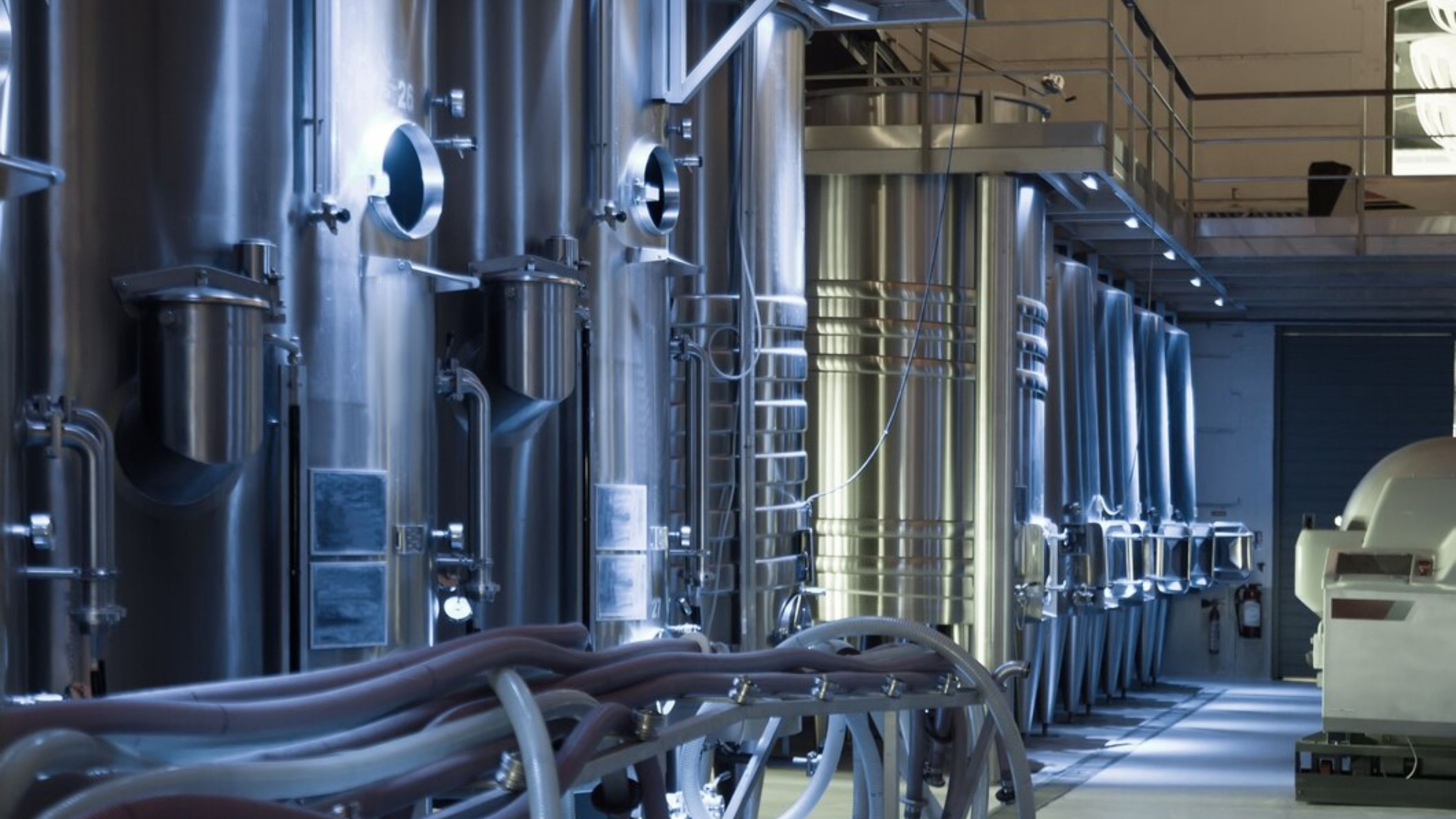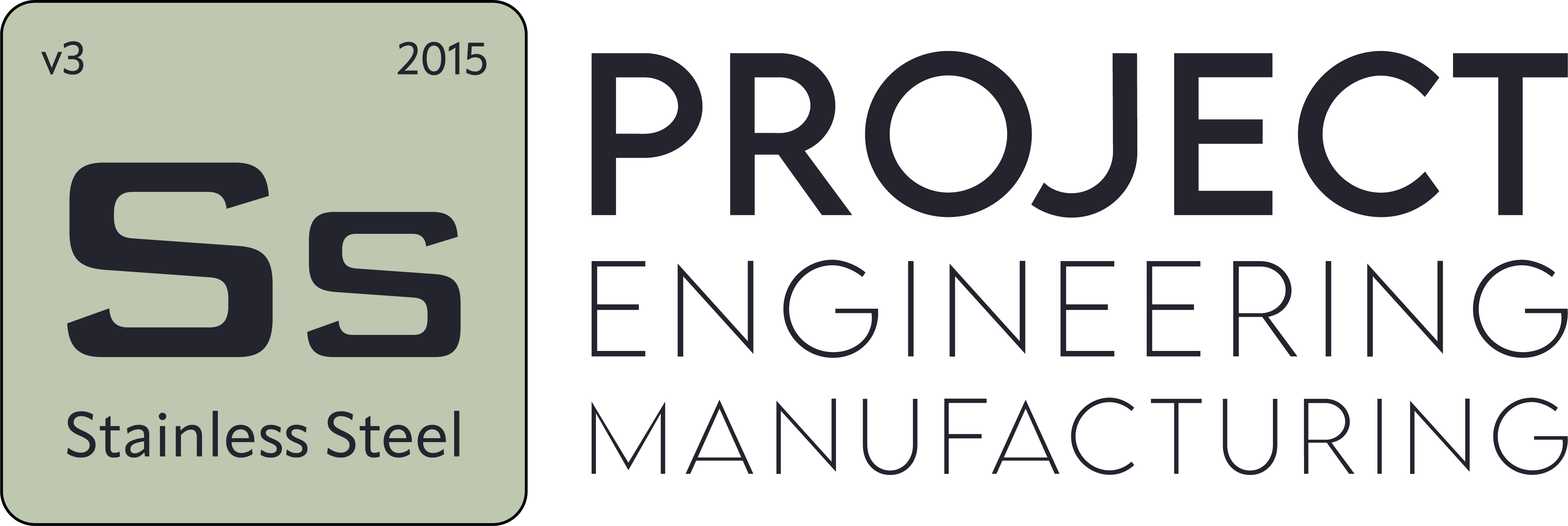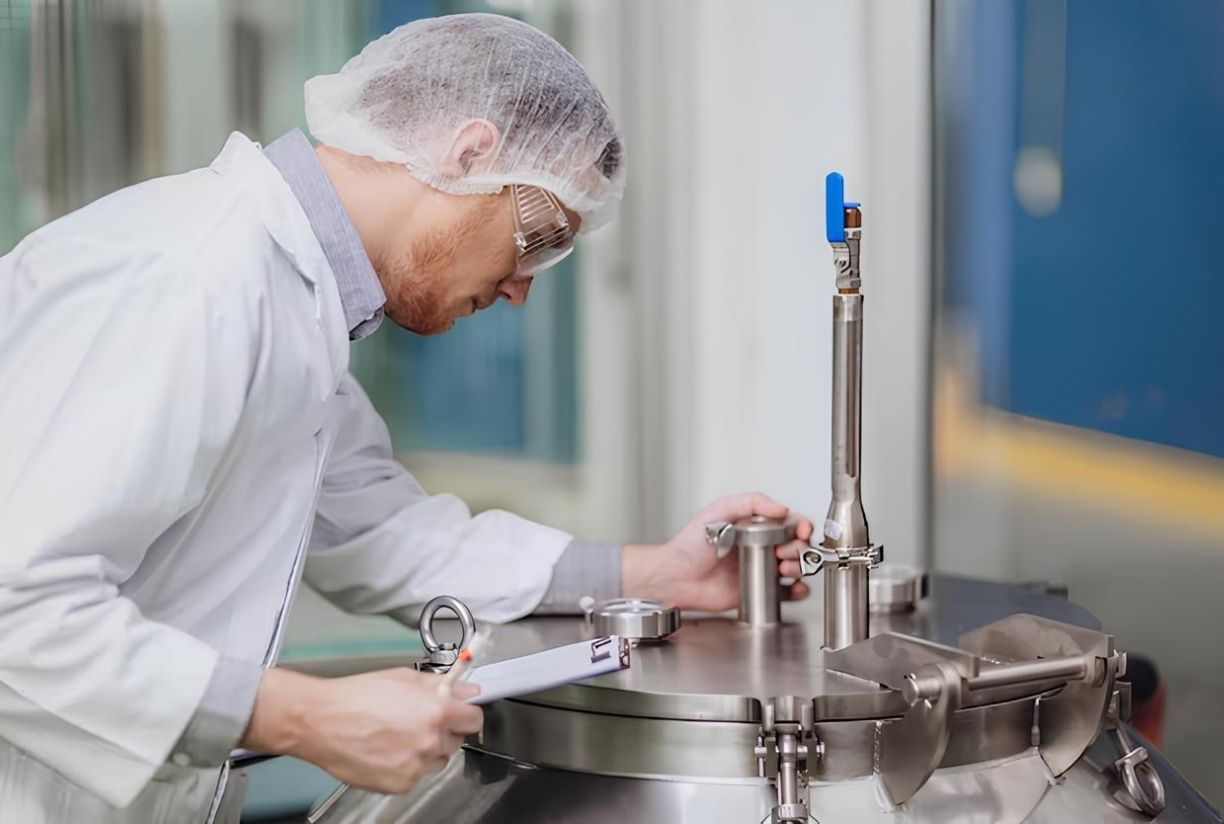What are CIP and SIP Processes? Importance and Differences in Industry
- Blog
- What are CIP and SIP Processes? Importance and Differences in Industry
What are CIP and SIP Processes? Importance and Differences in Industry
What Are CIP and SIP Processes?
CIP (Cleaning in Place) and SIP (Sterilization in Place) processes are procedures developed for industrial facilities, particularly in production lines, to ensure hygiene and sterilization. CIP is a method that allows the cleaning of equipment within a facility without removing products or devices. This process is carried out using water, chemical cleaners, and sometimes hot steam, making it both time-saving and efficiency-enhancing.
SIP, on the other hand, ensures the sterilization of equipment in production facilities. It is widely used in industries such as food, pharmaceuticals, and biotechnology. This process typically involves methods like hot steam, chemical agents, or sometimes UV light. Both processes are of critical importance for maintaining hygiene, increasing efficiency, and guaranteeing product quality.
Industrial Importance of CIP and SIP Processes
In industrial facilities, CIP and SIP processes are indispensable for ensuring healthy production continuity. Especially in the food, pharmaceutical, and cosmetic sectors, the importance of hygiene and sterilization is paramount. CIP ensures the cleanliness of equipment used in the production process while also extending the service life of this equipment. This reduces the need for constant maintenance and lowers operating costs.
SIP processes play a critical role, particularly in biotechnological and pharmaceutical production, in preventing microorganism growth. Equipment sterilization eliminates the risk of cross-contamination, ensuring that products are safe and high-quality. Therefore, CIP and SIP hold significant importance in industrial facilities from the perspective of sustainability and efficiency.
What Are the Differences Between CIP and SIP Processes?
The primary difference between CIP and SIP lies in the purpose of the cleaning and sterilization processes. CIP aims to clean equipment without disassembly, while SIP ensures the sterilization of this equipment to prevent contamination by microorganisms. CIP typically uses chemical cleaning agents, water, and hot steam for cleaning, whereas SIP employs steam sterilization or chemical agents to provide effective disinfection against microorganisms.
Another difference is their application areas. CIP is more common in processes like liquid handling and food production, while SIP is predominantly used in the pharmaceutical and biotechnology industries. Both processes prioritize hygiene and safety while enhancing industrial efficiency.
What Are the Advantages of CIP and SIP Systems?
CIP and SIP systems offer numerous advantages in industrial production. The CIP system enables fast and effective cleaning without the need to disassemble equipment, increasing production continuity and boosting facility efficiency. Additionally, by optimizing water and chemical usage, it minimizes environmental impact.
SIP systems ensure that hygiene standards are maintained at the highest level. In pharmaceutical and food production, production lines that are completely free of microorganisms are of great importance. The SIP process provides reliable sterilization without manual intervention, helping businesses maintain quality standards.

Use of CIP Processes in Industrial Facilities
The use of CIP processes in industrial facilities is particularly widespread in the food and beverage production sector. This process ensures the cleanliness of tanks, pipes, mixers, and other equipment used during production. CIP saves both time and labor since equipment can be cleaned without disassembly. As the cleaning process can be automated, it minimizes human error and provides a high hygiene standard.
CIP processes also offer significant advantages in terms of sustainability. When cleaning agents are used correctly, the risk of environmental harm is minimized. At Ss Proje, we prioritize efficiency and sustainability in the design of CIP systems, offering facilities highly efficient solutions.
Use of SIP Processes in Industrial Facilities
SIP plays a critical role in all industrial facilities where microorganism control is necessary. Particularly in pharmaceutical production and the manufacturing of biotechnological products, the sterilization process is highly important. SIP ensures equipment sterilization, guaranteeing the safe continuation of the production process. Sterilization is achieved using methods such as hot steam, chemical sterilization, or, in some cases, UV light.
At Ss Proje, we provide solutions for the installation and maintenance of SIP systems, targeting high efficiency and sustainability for industrial facilities. By accurately analyzing the sterilization needs of facilities, we develop the most suitable solutions.
Why Is the Integration of CIP and SIP Processes Important?
The integration of CIP and SIP processes significantly increases the efficiency of industrial facilities. This integration ensures that cleaning and sterilization processes follow one another seamlessly. For example, after cleaning with CIP, sterilization is performed with SIP. Such integration provides time savings and enhances operational efficiency.
The integration of both processes reduces labor costs and enables processes to be carried out more quickly and safely. At Ss Proje, we design integrated CIP and SIP systems tailored to facility needs, offering more efficient and sustainable production processes.
Technologies Used in CIP and SIP Processes
The technologies used in CIP and SIP processes are continuously evolving to ensure the cleaning and sterilization of industrial facilities effectively. For instance, automated CIP systems accelerate the cleaning process while optimizing energy and water usage. In modern SIP systems, more precise temperature and pressure control enhances sterilization effectiveness.
At Ss Proje, we offer CIP and SIP solutions based on the latest technologies. Facilities equipped with advanced sensors and automation systems deliver high performance in both hygiene and energy efficiency.
Impact of CIP and SIP Processes on Energy Efficiency
The impact of CIP and SIP processes on energy efficiency is substantial. Optimizing steam energy and water usage can significantly reduce energy costs for businesses. Automated CIP and SIP systems minimize energy consumption by operating processes in the most efficient manner.
At Ss Proje, we prioritize energy efficiency, offering solutions that reduce energy consumption in facilities. These solutions provide both environmental friendliness and economic benefits.
Impact of CIP and SIP Processes on Quality
The proper implementation of CIP and SIP processes directly affects product quality. CIP ensures equipment cleanliness, while SIP sterilizes the equipment, thereby keeping microorganisms under control during production. These processes improve product quality and reduce contamination risks.
At Ss Proje, we provide technological solutions to ensure both processes are meticulously applied, elevating the quality standards of production facilities.
Compatibility of CIP and SIP Processes with Emerging Industrial Trends
The industry leverages continuously evolving technologies to achieve sustainability and efficiency goals. CIP and SIP processes are also being updated to align with these trends. In particular, environmentally friendly cleaning and sterilization methods are becoming more widespread in industrial facilities.
At Ss Proje, we develop innovative solutions to keep pace with these emerging trends, offering facilities sustainable processes.
The Future of CIP and SIP Processes
The future of CIP and SIP processes will be shaped by industrial facilities operating more efficiently, sustainably, and with greater automation. Digitalization and automation in these processes will increase speed and quality on production lines. Environmentally friendly and energy-efficient solutions will gain even greater importance in the future.
Ss Proje provides facilities with CIP and SIP systems based on the latest technologies to shape this future.
What Are Ss Proje’s CIP and SIP Solutions?
At Ss Proje, with our expertise in CIP and SIP systems, we offer industrial facilities high efficiency and sustainable solutions. By integrating both processes, we ensure facilities achieve peak performance in hygiene, quality, and energy efficiency.
Contact us to develop and install the most suitable CIP and SIP systems for your facility. Ss Proje is ready to make your industrial processes more efficient with tailored solutions.


